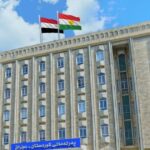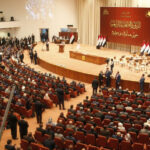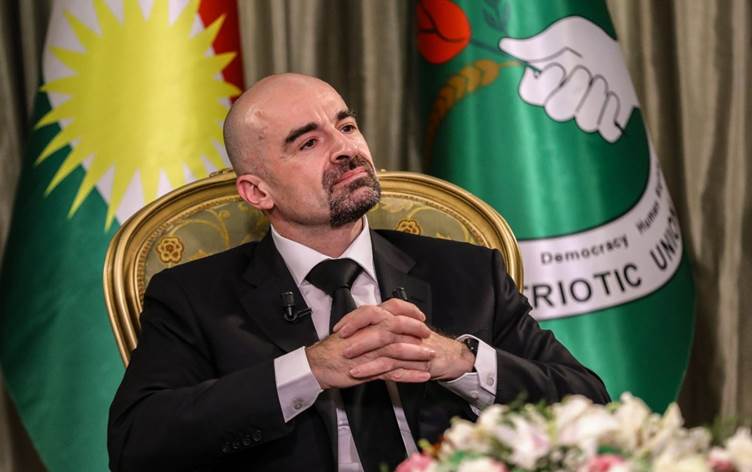Private Planes of PUK and KDP Leaders Amidst Regional Hardships
Bafel Talabani, leader of the Patriotic Union of Kurdistan (PUK), has reportedly acquired a state-of-the-art private plane, surpassing the luxury of the one owned by Kurdistan Regional President, and KDP leader Nechirvan Barzani. This extravagant purchase starkly contrasts with the daily struggles of Kurdistan’s citizens, who grapple with basic needs like clean water and 130 days delayed salaries.
Bafel Talabani, the leader of the Patriotic Union of Kurdistan (PUK), has recently purchased a private plane that epitomizes opulence and advanced technology. This acquisition places him in a league similar to, if not exceeding, that of Kurdistan Regional President Nechirvan Barzani, who also owns a high-end private jet.
Talabani’s jet, reportedly more advanced than Barzani’s “Dassault Falcon 8X,” can accommodate more than 15 passengers and features luxurious amenities such as offices, restaurants, and sleeping areas. Capable of traveling over 11,000 kilometers per flight, the aircraft is estimated to cost more than $50 million.
These lavish purchases by Kurdistan’s political leaders underscore the vast wealth and resources at their disposal, contrasting sharply with the dire economic conditions faced by many in the region. While leaders fly in luxury, ordinary citizens struggle for basic necessities. Clean water remains a scarce commodity, and many public sector employees have not received their salaries for over three months.
The acquisition of such an advanced private jet by Talabani raises critical questions about the priorities of the region’s leadership. The expenditures on private planes suggest a glaring disconnect between the leaders and the general populace, who continue to grapple with issues like unemployment, corruption, and inadequate public services.
The luxurious lifestyles of Kurdistan’s political elite, highlighted by these purchases, stand in stark contrast to the hardships faced by the people they are supposed to serve. As families endure water shortages and financial instability, the leaders’ displays of wealth become increasingly controversial and emblematic of a broader systemic failure.
The opulence of Kurdistan’s political leaders, underscored by these recent acquisitions, continues to draw scrutiny and criticism from both local citizens and international observers. In a region plagued by economic and social challenges, the extravagant lifestyles of its leaders only exacerbate the existing discontent and highlight the urgent need for more equitable and responsible governance.
Author Profile
- Diyar Harki is an independent investigative journalist and human rights advocate. As a member of the National Union of Journalists (NUJ), he focuses on exposing corruption and human rights abuses in Kurdistan and Iraq. He voluntarily contributes to Kurdfile Media.
 Kurdistan18 January 2026Will the Terrorists Be Released?
Kurdistan18 January 2026Will the Terrorists Be Released? Opinion17 January 2026A Risk That Could Reshape the Kurdistan Region
Opinion17 January 2026A Risk That Could Reshape the Kurdistan Region Reports7 January 2026Kurdistan MPs Receive Millions in Salaries as Parliament Remains Paralyzed
Reports7 January 2026Kurdistan MPs Receive Millions in Salaries as Parliament Remains Paralyzed Political3 January 202634% of Kurdish MPs in Iraqi Parliament Lack Arabic Proficiency
Political3 January 202634% of Kurdish MPs in Iraqi Parliament Lack Arabic Proficiency

